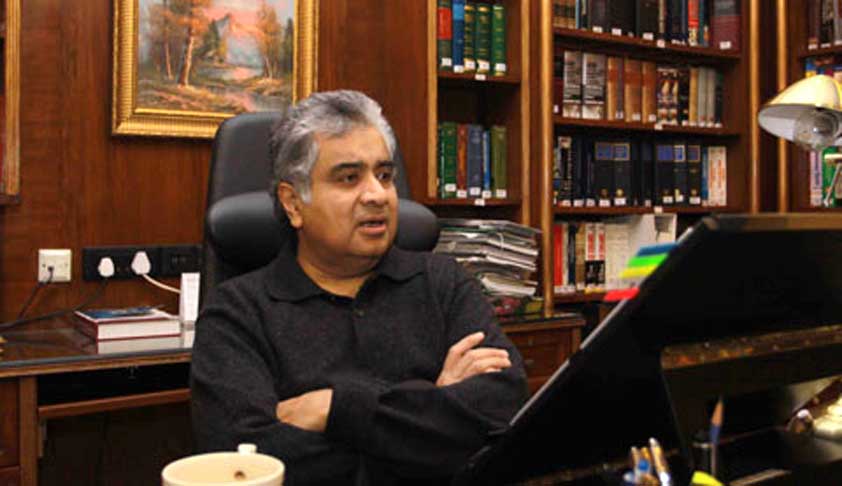Days after the Supreme Court of Singapore rejected a plea for appearance of noted senior advocate Harish Salve in the Ranbaxy’s arbitration dispute with Daiichi, the sellers of former have decided to file an appeal against the February 17 order.Talking to LiveLaw, senior advocate Salve said from London: “There is another legal option left with my client to file an appeal within the...

